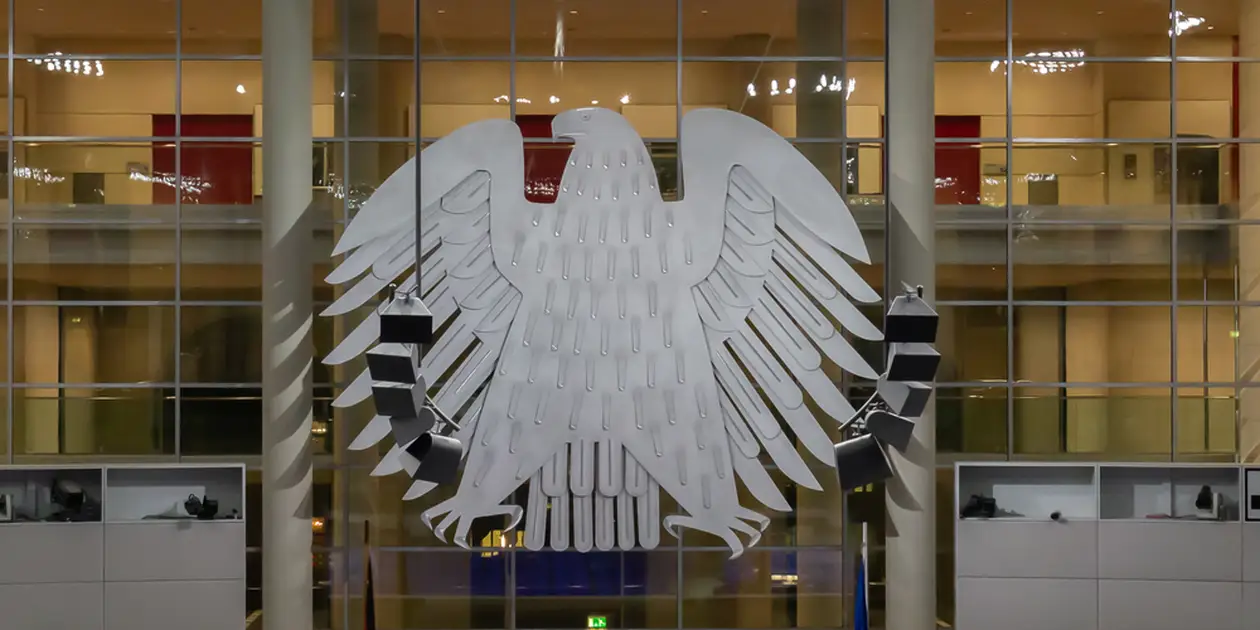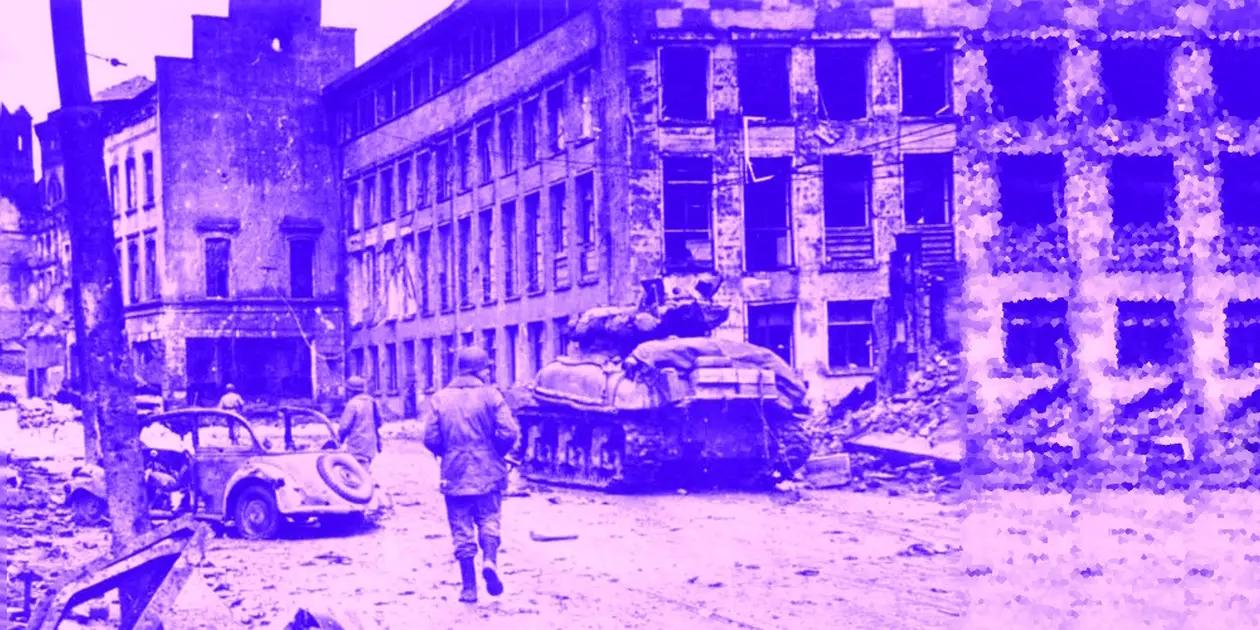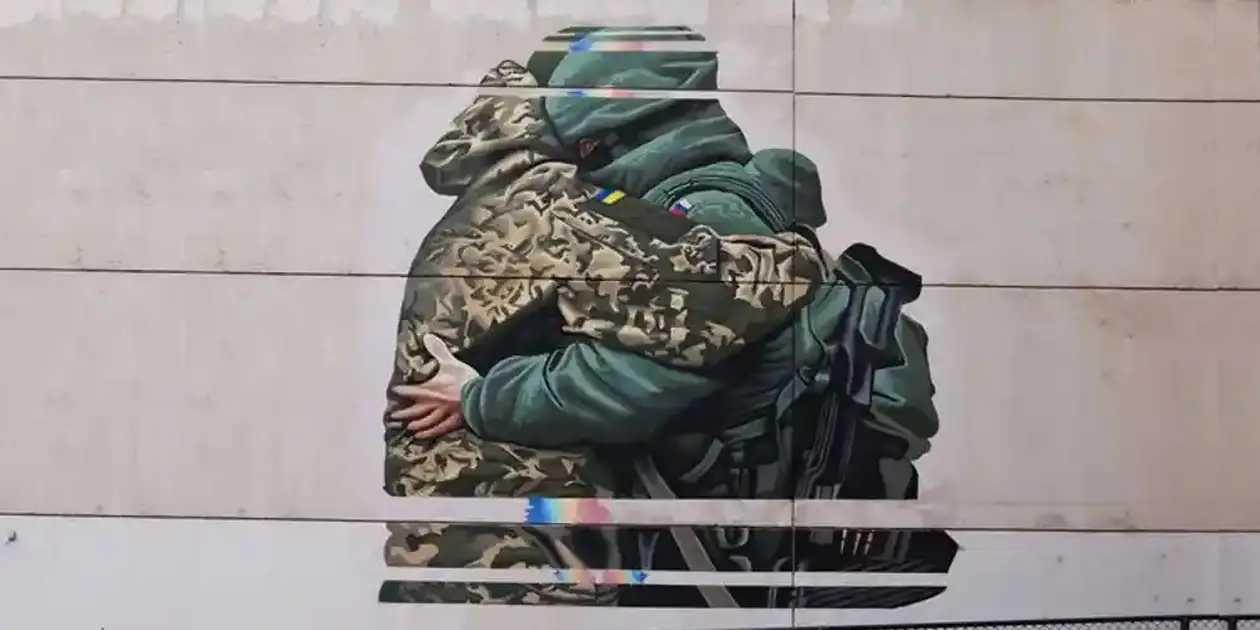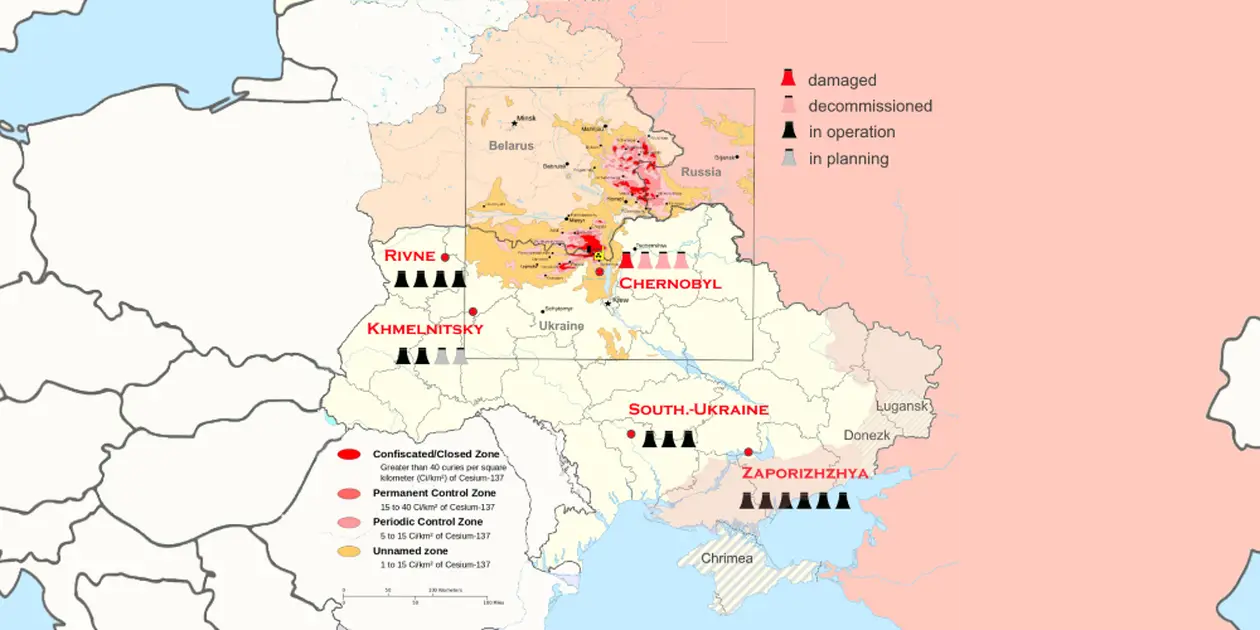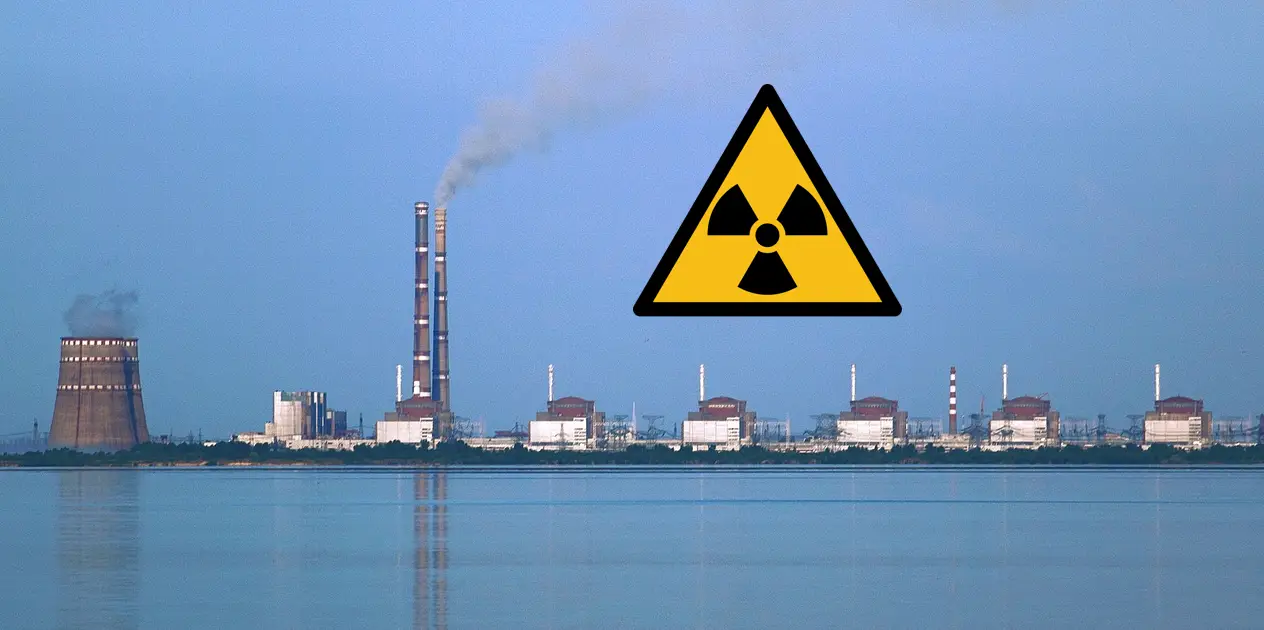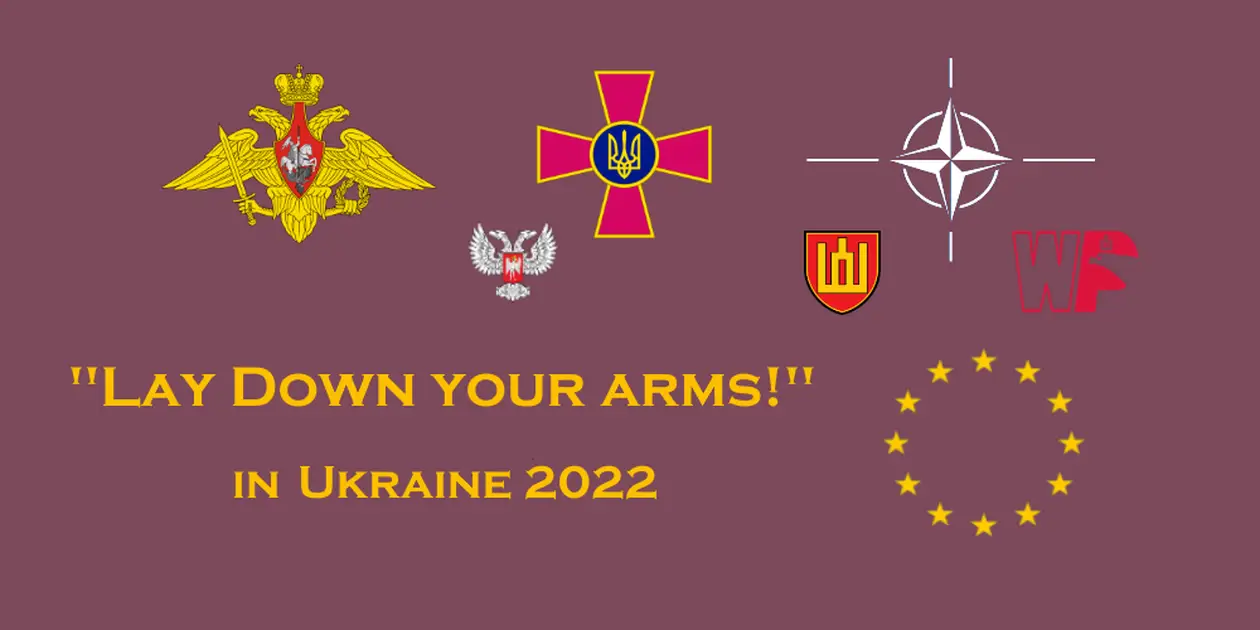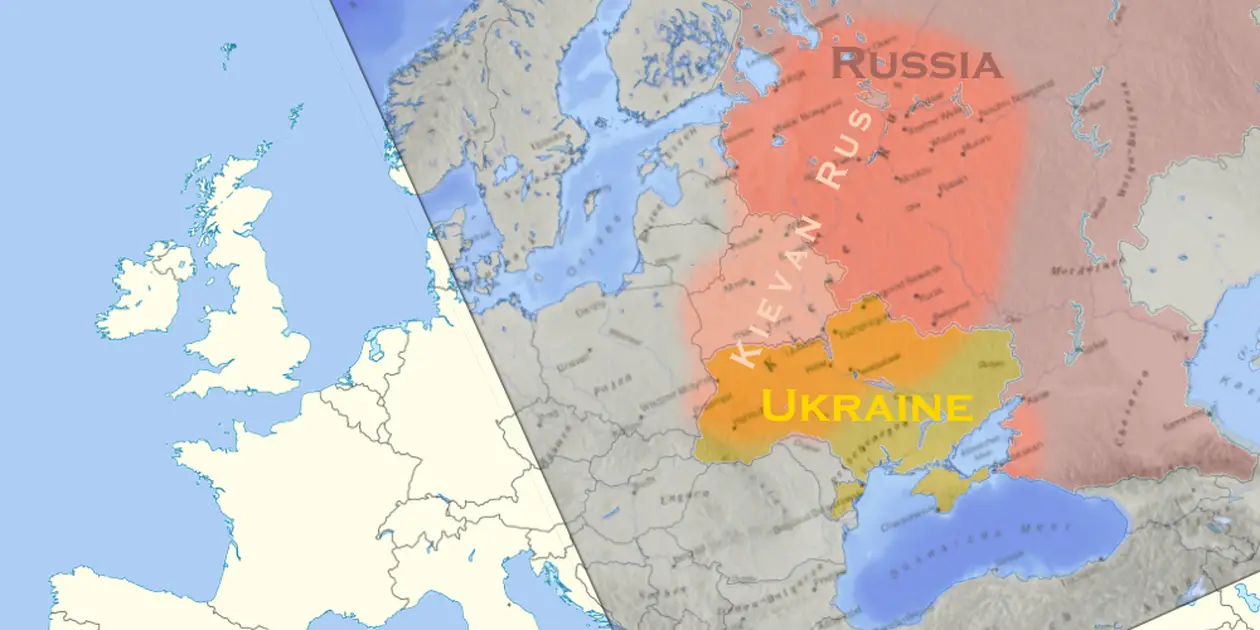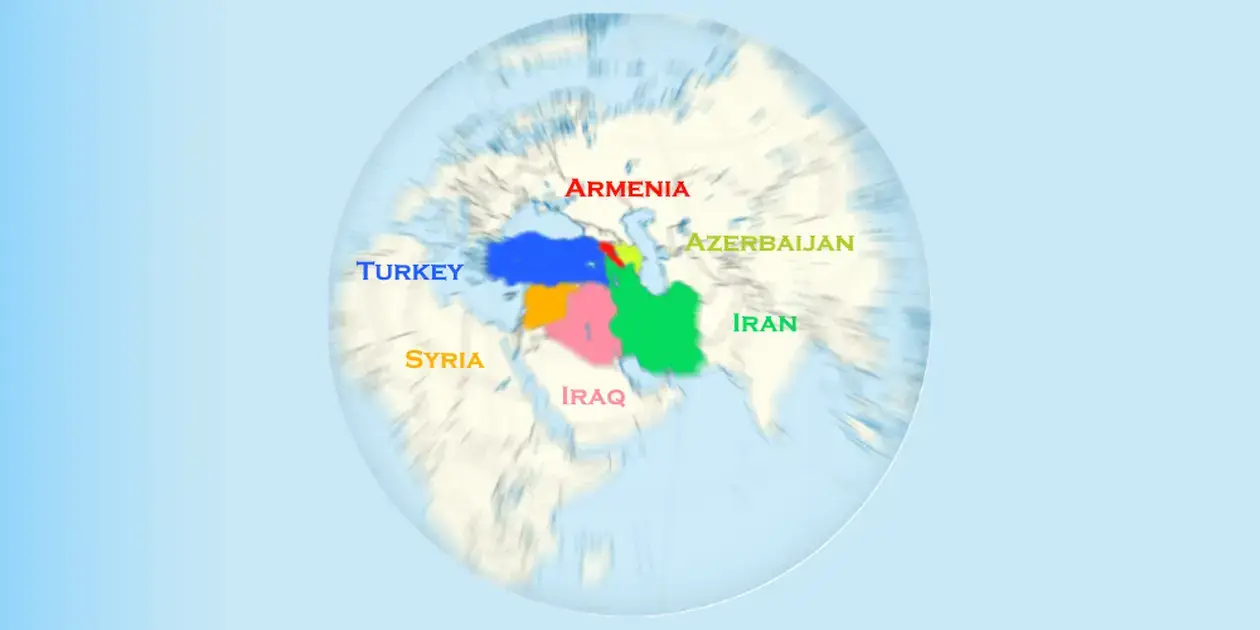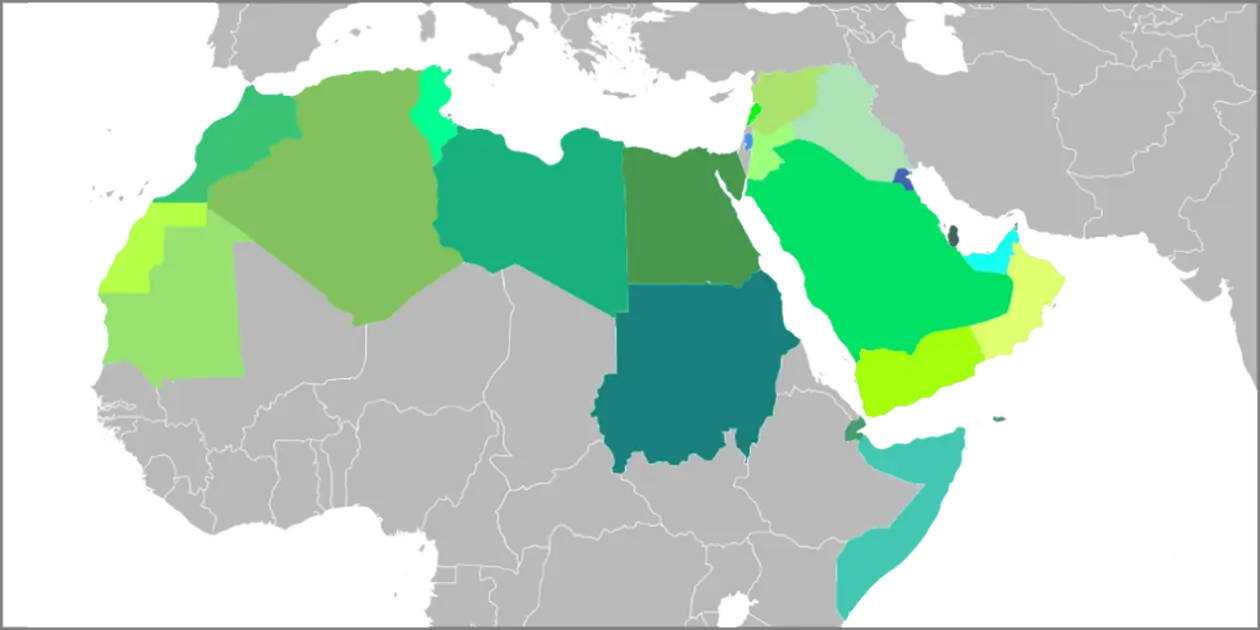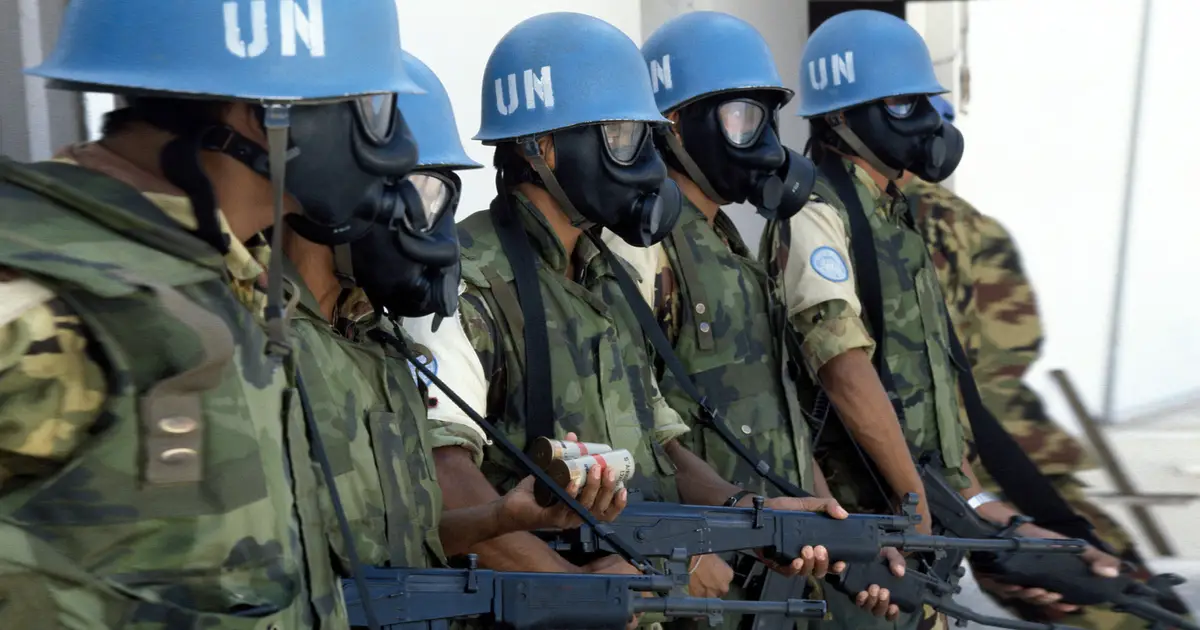
Picture sources:
An Israeli Air Force F-15I (Ra’am) from the IDF/AF No 69 Hammers Squadron maneuvers away after receiving fuel from a KC-135 Stratotanker over Nevada’s test and training ranges during Red Flag 04-3, Wikimedia, 25.8.2004, http://www.af.mil/shared/media/photodb/photos/040825-F-6911G-001.jpg
Let Us Beat Swords into Plowshares, a sculpture by Evgeniy Vuchetich in the United Nations Art Collection, 6.1.2014, wikipedia, https://de.wikipedia.org/wiki/Schwerter_zu_Pflugscharen.
Profet Micah 4, Old Testament:
„[Zion / God …] nd he shall judge among many people, and rebuke strong nations afar off; and they shall beat their swords into plowshares, and their spears into pruninghooks: nation shall not lift up a sword against nation, neither shall they learn war any more.
4 But they shall sit every man under his vine and under his fig tree; and none shall make them afraid: for the mouth of the Lord of hosts hath spoken it.
5 For all people will walk every one in the name of his god, and we will walk in the name of the Lord our God for ever and ever.“
Source: Bible Gateway, King James Version (KJV), Old Testament, Micah 4, https://www.biblegateway.com/passage/?search=Micah%204&version=KJV
 JORDAN - LEBANON - ISRAEL / PALESTINE - SYRIA - LIBYA - YEMEN
JORDAN - LEBANON - ISRAEL / PALESTINE - SYRIA - LIBYA - YEMENPERMANENT REFUGEE CRISIS IN THE MIDDLE EAST SINCE 1919/45: ISRAEL/PALESTINE – JORDAN – LEBANON
♦ Hardly any other region of the world has been as badly affected by refugee crises as the Middle East. After the dissolution of the Ottoman Empire at the end of the First World War (1919), millions of people fled or were displaced. The reason for this was and still is ideological and religious differences over the nation-state identities of the successor states. These include Turkey, Israel/Palestine and the Arab world, but not Iran.
♦ While the Arab states stabilised territorially and politically in the course of the 20th century, the area of Israel/Palestine remained in a permanent state of crisis and war, known as the Middle East conflict. The state of Israel has neither internationally defined borders nor a constitution (bundestag.de, 24.1.2007). The approximately 2 million Arabic-speaking Palestinians are not equal citizens, although they make up 21 per cent of the population (jewishvirtuallibrary.org, 14.9.2023).
♦ In addition to the 2 million Palestinians in Israel, a further 5 million live in the Palestinian autonomous territories of the Gaza Strip and the West Bank, including East Jerusalem, which are occupied and administered by Israel. Half of them have been living in refugee camps for decades. The independence proclaimed by the Palestinian National Council in 1988 remains controversial (Ipsen 2018, § 8, 138). Of 193 UN members, 160 have recognised Israel and 138 Palestine.
♦ With the founding of the state of Israel (14 May 1948), around 750,000 Palestinians were permanently displaced from their homeland. Since 1948, the number of refugees has risen to 5.9 million (unhcr.org 2023: 2;The United Nations Relief and Works Agency (UNRWA) estimates that there are 2.5 million refugees in the autonomous areas. In addition, there are 2.4 million in Jordan and around 0.5 million in Lebanon (unrwa.org 2023), most of whom are stateless.
THE FORGOTTEN WARS IN THE MIDDLE EAST SINCE 2011: LIBYA, SYRIA AND YEMEN
♦ The US and NATO states used the Arab Spring of 2011 for regime change in the Middle East. They pretended to support democratic reforms, but for years they provided Islamists with a broad forum (Asseburg 2007, fes.de, 20.4.2013) and helped in attempts to take power in Tunisia, Egypt and Libya. The Gulf states were thus able to secure their authoritarian rule (Riedel 2021/3). The West denies responsibility for the wars in Libya, Syria and Yemen (bundeswehr.de, 27.9.2021).
♦ Libya’s state collapse, which continues to this day, began with NATO’s military intervention on 19 March 2011, which the UN Security Council had only endorsed as part of a “sustainable and peaceful solution” between the Gaddafi regime and the insurgents (UN-Resolution 1973, point 2). However, it only ended 11 days after the death of the Libyan head of state (20 October 2011). The concept of “humanitarian intervention” (R2P) launched by the West had thus failed (Riedel 2023/4).
♦ The US and NATO are also supporting Islamist resistance groups in Syria (Sachs, 26.2.2018). However, they did not receive a mandate for military action from the UN: Following the coup in Ukraine in 2014, Russia no longer remained neutral, but instead helped the Syrian government to defend against the planned regime change from September 2015 (The Day After 2012). The Syrian conflict became a proxy war between nuclear powers (Riedel 2023/3: 11).
♦ In 2011, Yemen descended into civil war, stemming from internal political power struggles since the unification of South and North Yemen in 1990. But here the regional powers Iran and Saudi Arabia intervened. With the military actions of the Gulf states and the USA (from 2015), the interests behind the religious differences between Shiites and Sunuites became clear (Steinberg, 3.1.2020). As the Middle East conflict flares up, these are likely to recede into the background.
IMPACT OF THE UKRAINE WAR ON THE MIDDLE EAST: SPIRAL OF NUCLEAR ARMING TURNS AGAIN
♦ The resurgence of the Middle East conflict came as a surprise to Germany. Until the Hamas attack on 7 October 2023, the media focused on Ukraine. Yet there are direct links between the two wars. The global nuclear rearmament is relevant. One trigger was Zelensky’s declaration at the Munich Security Conference (19 February 2022): Kiev wants to come under NATO’s nuclear shield or become a nuclear power again (bpb.de, 22.2.2022).
♦ While the US and NATO support Kiev’s nuclear policy, they criticise Iran’s nuclear programme. The International Atomic Energy Agency (IAEA) has found weapons-grade uranium in Iranian nuclear power plants (spiegel.de, 20.2.2023). The West should also check whether Ukraine also has this technology in its nuclear power plants. After all, this was a motive for the Russian occupation of the Zaporizhzhya NPP. Both states could be in breach of the Nuclear Non-Proliferation Treaty (1968).
♦ Iran and Ukraine are signatories to the Nuclear Non-Proliferation Treaty and must therefore accept IAEA inspections. Israel, on the other hand, is one of the unofficial nuclear powers. They also have nuclear weapons, but have not submitted to a control regime. The yearbook of the Stockholm International Peace Research Institute (SIPRI) documents how they are also building up their nuclear arsenals in the slipstream of the USA and Russia (SIPRI 2023).
♦ In addition to Israel, the two rival states India and Pakistan also have weapons-grade nuclear technology that is not subject to international supervision. According to the SIPRI Yearbook, they have doubled the number of their nuclear warheads to 164 and 170 respectively since 2010 (SIPRI 2023). This is low compared to the nuclear powers USA and Russia (2023: 5,244 and 5,889 warheads) and Israel (2023: 410 warheads). But it is certainly enough to destroy the planet with nuclear weapons.
THE MIDDLE EAST CONFLICT AS A PROJECTION SURFACE OF THE RIVAL NUCLEAR POWERS ISRAEL AND IRAN
♦ It is not without reason that the Middle East conflict also came to a head on the sidelines of the Ukraine war: there has been a military confrontation between NATO states and Russia/Iran in Syria since 2015. International law is not on NATO’s side here, as Turkey, among others, occupied Syrian territory – just as Russia did in eastern Ukraine. From a strategic military point of view, the war in Ukraine has opened up a “second front” between the nuclear powers.
♦ Even if Israel is in a better military position than Iran due to its nuclear option, it should fear a confrontation. Should the war against Hamas spread to neighbouring states, Israel could lose not only Palestine but also the occupied Syrian Golan Heights. Israeli ex-Prime Minister Naftali Bennett recognised this when he attempted to mediate at the beginning of the war in Ukraine (firstpost.com, 6.4.2023).
♦ With Benjamin Netanyahu’s re-election, tensions between Israel and Iran are growing. At the UN General Assembly, he announced his intention to stop Tehran’s efforts to produce nuclear weapons: “Iran must face a credible nuclear threat.” (haaretz.com , 22.10.2023) Israeli media added soothingly that Netanyahu only meant a “credible military threat” (a.a.O., Fußnote).
♦ Because Iran’s nuclear technology is judged by the West with different standards than that of Ukraine and Israel, Tehran relies on conventional weapons in combination with soft power: When it comes to economic policy, Iran seeks protection from the BRICS states. Its rapprochement with India, Pakistan and Saudi Arabia weakens Israel’s options for action. Added to this is Iran’s religious policy in Yemen, Lebanon and Palestine, where it supports Islamist militias.
 LACK OF TOLERANCE IN ISRAEL AND THE ARAB WORLD
LACK OF TOLERANCE IN ISRAEL AND THE ARAB WORLDOTTOMAN HERITAGE OF ARAB-ISLAMIC STATES: RELIGIOUS LEGISLATION AND STATE RELIGIONS (PL.)
♦ The use of religious politics as soft power is thousands of years old, even if the term “soft power” was only taken up by international politics a few years ago (Nye 2004, bundestag.de, 3.11.2006). This refers to the influence of the state on religious communities. Depending on the situation, this can play a neutral, moderating role or have a control function. In the latter case there is usually a state religion.
♦ Contrary to the popular opinion that the Islamic world knows no enlightenment (Huntington 2002), it has had its own experiences with modernisation: in the Ottoman Empire (dissolved in 1923) as well as in the successor states of Tunisia, Algeria, Egypt, Syria, Iran, Iraq (Alqassimi 2023) and even in Iran. Conservative Muslim forces have reacted to this since the beginning of the 20th century with a re-Islamisation of state and society.
♦ Under British colonial and mandate rule, monarchies emerged in the Middle East after World War I, each with their own state religion. hus, the reform process of the Ottoman Empire, which aimed at secular legislation, was stopped and the monarchs were given power over Islamic doctrines (interpretation of Sharia) and institutions. After revolutions, this was transferred to state supervisory authorities (Riedel 2017/1).
♦ This state influence on religious self-government led to new Islamic teachings in the 20th century, which were previously limited to four schools. These “state religions” now determine the social discourse that Islamist opposition groups take advantage of (Abu Zaid 1996, faz.net, 10.3.2016): They want to enforce their respective doctrines. Religious pluralism – even within Islam – is unfamiliar to them.
ISRAEL’S OTTOMAN HERITAGE: FREEDOM OF RELIGION – BUT: RELIGIOUS LEGISLATION IN FAMILY LAW
♦ Israel is also a successor state to the Ottoman Empire: While the colonial power France favored Christians (cf. Lebanon), the British empire promoted the establishment of a Jewish state. At the same time, they sowed discord among Muslims by dividing state and religious power between rival ruling houses (Iraq, Saudi Arabia, Jordan). The former Ottoman religious tolerance was buried.
♦ Israel continues the Ottoman legacy in private law, where religious legislation sets the tone – for all religious communities. Judaism only replaced Islam as the dominant religious community. The Nation State Law (July 19, 2018) finally officially made Judaism the “state religion” and Israel a state of the Jewish people (idi.org.il, 16.7.2018; the law is currently not available). Arabic was abolished as the second official language.
♦ There is no self-government of Muslim religious communities in Israel. As a result of international treaties, the Jordanian king is the religious leader for Palestine (state.gov, 2.6.2022). He administers the holy Muslim sites there through the Jerusalem Waqf (وقف القدس – ar. Jerusalem Foundation) die dortigen heiligen muslimischen Stätte (mena-watch.com, 4.5.2021). The Palestinian Authority recognised these powers of Jordan by treaty in 2013.
♦ The political influence of Jordanian state Islam on Israel’s Palestinians has brought foreign competition onto the scene. The Palestinian Hamas in the Gaza Strip is regarded as a spin-off of the Egyptian Muslim Brotherhood with support from the West. It sees itself as an Islamist resistance organisation and receives financial support from Turkish state Islam and, to date, also from the EU (tagesspiegel.de, 15.10.2023).
 POLITICAL CHALLENGES
POLITICAL CHALLENGESMEASURES OF INTERNATIONAL POLICY: BUILDING A REGIONAL SYSTEM OF COLLECTIVE SECURITY
♦ The Middle East conflict has one main cause: the states do not recognize each other’s existence. Territorial claims on the part of Israel (Gaza Strip, West Bank, Golan Heights) and the religious influence on Palestine by Islamic states and NGOs are two sides of the same coin. Peace can only be achieved if all states – including the Palestinian autonomous territories / Palestine – receive security guarantees.
♦ First and foremost, governments must ensure that the current nuclear threat is defused. Anyone who demands transparency in nuclear policy from Iran, like Western states, must also call on Israel to stop producing nuclear weapons. Otherwise, trust between states cannot be created. Therefore, the UN initiative for a nuclear weapons-free zone in the Middle East (unoda.org 2023) would be a constructive step towards lasting stabilisation.
♦ A crucial factor for a sustainable peace solution would be a mutual declaration of non-interference in the internal affairs of other states, along the lines of the CSCE Final Act (1975). From an international law perspective, religious policy is part of national sovereignty rights. Only it can establish religious self-government within the framework of non-denominational, state legislation.
♦ The former colonial powers (France, UK) as well as the current nuclear powers (USA, Russia) should withdraw militarily from the Middle East region and at most act in an advisory capacity. Because their presence over the last 150 years has been and is driven by self-interest. They have brought neither the promised modernisation nor democratisation to the region, but have instead established regional leading powers that are now at war with each other.
GERMAN FOREIGN POLICY: CONTRADICTIONS – NO OWN CONCEPTS – DOUBLE STANDARDS
♦ German foreign policy has become embroiled in contradictions: it supports both sides of the Middle East conflict. German Chancellor Olaf Scholz declared “Israel’s security is a matter of state” because of Germany’s responsibility for the suffering of European Jews (tagesschau.de, 17.10.2023). But the federal government also financed the Palestinian Authority for years, including the Gaza Strip ruled by Hamas (dw.com, 15.5.2021).
♦ These contradictions reveal that Berlin has no concepts of its own for the Middle East conflict, but is always waiting for decisions from the EU or NATO. Germany cannot live up to its historical responsibility. Where was the reason of state until the Hamas attack on October 7, 2023? Germany provides around 25 percent of all EU funding, including that for Gaza. Why were these funds distributed without any conditionality? (dw.com, 18.5.2021)
♦ The German government has not only neglected Israel’s security, but also its own interests. With uncontrolled immigration, Germany became the ideal refuge for criminal, extremist and Islamist groups (dw.com/de, 7.4.2018). Foreign governments and NGOs can exert pressure on German institutions (evangelisch.de, 17.12.2013) and have been supported by government-affiliated political foundations for years (FES 2018).
♦ German government parties have long made criticism of Islamism taboo and exposed German Muslims to the influence of foreign extremists (faz.de, 20.10.2023). It is called populism when they express their unconditional solidarity with Israel today. But Germany’s historical responsibility lies with the victims of violent acts, the Jews and Muslims, the Israelis and Palestinians. You can expect that much differentiation from the government.
 THIS POST IS BASED ON THE FOLLOWING SOURCES:
THIS POST IS BASED ON THE FOLLOWING SOURCES:
